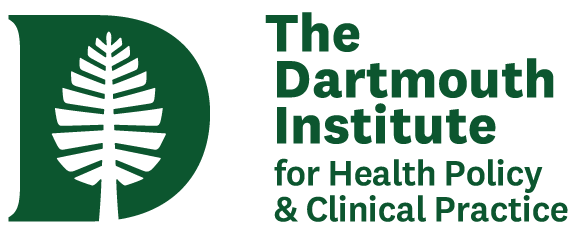Julie Johnson, MSPH, PhD'00
Professor of surgery, Feinberg School of Medicine; Research team member, Northwestern University’s Center for Healthcare Studies See Julie's ProfileDonald "Donny" Likosky, PhD’02, MS’99
Section Head, Department of Cardiac Surgery, University of Michigan See Donald's ProfileShruthi Patchava, MPH’20
Product Specialist at Facebook; Former Senior Consultant at Cloudmed See Shruthi's ProfileMelissa LeBrun MPH ’22
Director of Family Nurse Practitioner program at Loyola See Melissa's Profile
